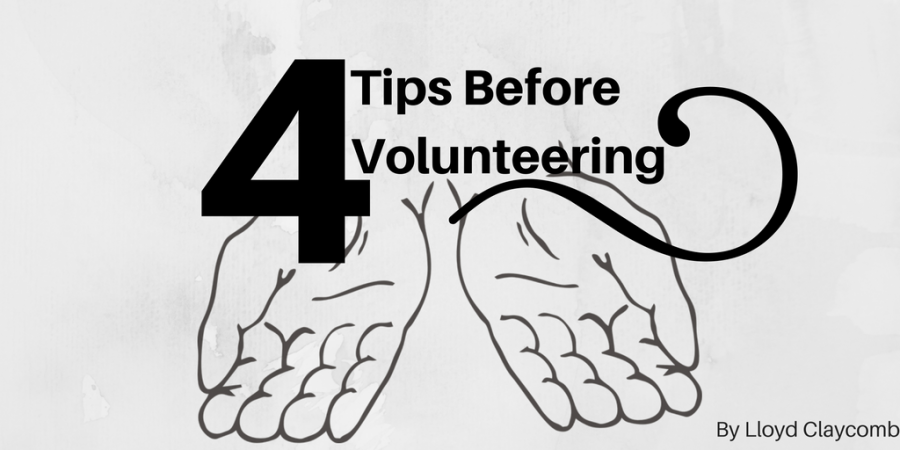Oftentimes when we talk about charity we talk about organizations that work to benefit demographics like children or people living in areas of high poverty. One of the most important causes out there that needs our help and doesn’t receive the attention it deserves is our veterans.
The servicemen and servicewomen who have laid their lives on the line in the pursuit of a better and brighter tomorrow often return home from the war they fought to find themselves facing a new, internal battle. Within 4 months of returning home, nearly a third of all soldiers will develop mental health problems; these problems commonly include anxiety disorders, clinical depression, and PTSD (post-traumatic stress disorder). These mental health problems, on top of all of the difficulties and emotional burdens of war, led 20% of returning soldiers from Iraq and Afghanistan to develop drug or serious drinking problems, and saw 22 veteran suicides per day in 2010.
Because of the long-term emotional and psychological burdens that accompany those who return from combat, it is often difficult for our servicepeople to hold jobs or properly take care of themselves. This means they often rely on public services and programs like the VA to help them in times of need. They can also turn to the aid of some of the philanthropies and charities around the country who work to help those who have served. Here are just a few of the organizations whose efforts help to benefit our nation’s veterans.
- Adaptive Sports Foundation
- Although this group was created for children with cognitive and developmental disabilities, a branch of the ASF organization called Warriors in Motion works in conjunction with the Wounded Warrior Project to offer veterans relaxation and rejuvenation packages that include golf programs, ski and snowboard excursions, sports retreats, and more.
- Fisher House Foundation
- The Fisher House Foundation was established to help the loved ones of military servicemen and women while the veteran is receiving medical services. The homes are located nationwide, nearby VA medical centers and hospitals to allow the families all of the amenities of living at home for free close by.
- The Intrepid Fallen Heroes Fund
- This fund, established in the year 2000, has provided the families of military servicepeople with over $200 million worth of benefits and support in the years since. They also offer assistance for medical care to help the soldiers continue to lead fulfilling lives, in or out of the line of duty.


